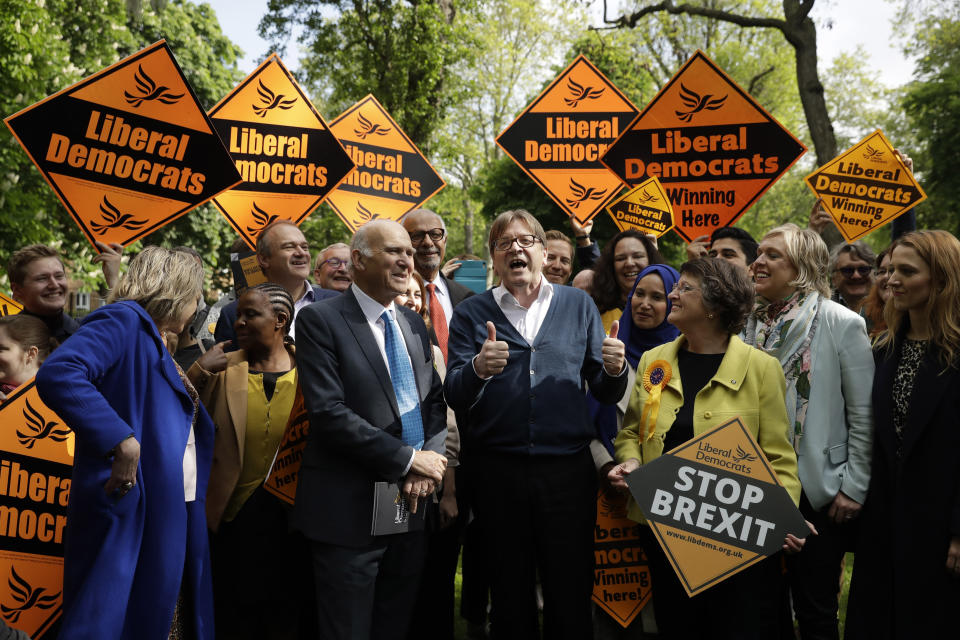European Elections 2019: What you need to know before voting day

UK voters will go to the polls on May 23 to cast their vote to elect members of the European Parliament.
The European elections are the second-largest democratic contest in the world, second only to the Indian elections.
Voters from 28 countries will elect 751 members of the European Parliament for a five-year term, which will begin on July 2.
Voters will choose a single party and the number of elected candidates from each party’s list depends upon the proportion of votes cast.
This is known as the D’Hondt system of voting and is used in England, Scotland and Wales.
There are different systems to elect MEPs in different countries across the EU.

In the first round of counting the party with the most votes wins a seat for the candidate at the top of its list.
In the next round, that party's vote is divided by two, if it is still top it gains another seat, if not then whichever rival now has the most gets a seat.
UK voters will elect a total of 73 MEPs as the country is split into nine regions.
The election will entail people going to polling stations where they will be given a long ballot paper listing all of the parties standing.
If the UK does leave the European Union, the British MEPs will quit and some of the UK’s 73 seats will be redistributed to other states.
Read More
European Parliament elections: What happens next?
Theresa May vows ‘bold offer’ in bid for support on Brexit deal
Last year, the Parliament voted to reduce the number of seats to 703 in the next election to reflect the UK leaving the EU.
MEPs usually serve a five-year term and spend their time between the European parliaments in Strasbourg and Brussels.
The MEPs pass EU laws and approve its budget with the European Council, which consists of the heads of states of each country.

 Yahoo News
Yahoo News 
